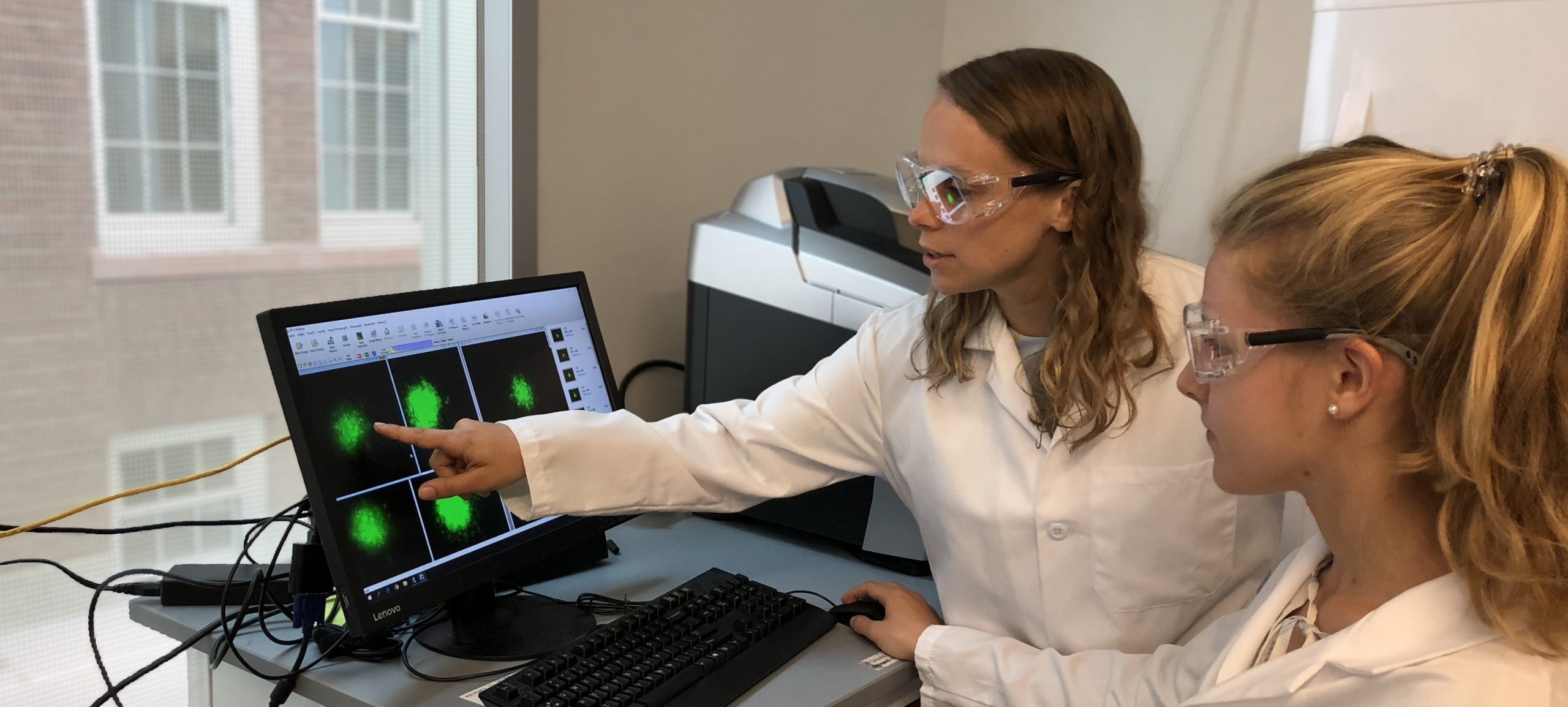How to Find a Mentor
Want help right now?
- RSVP for an Info Session (mentors & project ideas)
- Application Assistance (written feedback + mentor-match)
Any full-time Tufts faculty may serve as a Laidlaw mentor. See the faculty who’ve opted in to be contacted.
- A great mentor can be a topic expert or a disciplinary guide (methods, ethics, analysis) who helps you shape a feasible 6-week project.
- These tips draw on advice shared by Laidlaw Scholars and reflect common best practices at Tufts.
GUIDE: How to Develop a Research Topic & Find a Mentor
Finding a Laidlaw Mentor is an essential part of the application process. Any Tufts Faculty may be a Laidlaw Mentor and you can find a list of faculty who have stated they are interested in being contacted about being a mentor here.
Advice from 2019 Cohort Laidlaw Scholar, Mateo Gomez:

On finding the right mentor:
- Speak to any friends you have doing Laidlaw / other research about how they secured their opportunities
- Read their bios on the department website. Narrow down a list of professors whose research gets you most excited. Also think about what you want to do professionally. How can your research advisers contacts help you?
- Ask professors you know well/your major advisor if they know who to re-direct you to.
On reaching out to a mentor:
- If you've taken a class with that professor/know them, be sure to preface with your personal connection
- Make sure to be very clear about why it is you want to work with that professor. They are more likely to respond if they feel you value their work.
- Don't list too many of your qualifications. It's fine to briefly touch on why YOU are the someone the professor would benefit from working with, but be more personable in the first email. If they ask for more information then feel free to send a laundry list of qualifications / a resume.
- If reaching out to multiple professors in the same department, email your ideal professor first and then wait for their response. If that professor has declined, then you should reach out to the next on your list. You don't want to get a professor excited to work with you and then end up turning them down (especially if you might end up taking a class with them).
On keeping good relations with your mentor:
- Come prepared for each meeting (spend at least 15 min thinking about what you want to discuss)
- Always finish your meetings early (5 - 7 min). Professors are busy, and want to feel like it's not a burden to meet with you. Also, most things can be expressed by email, so don't feel you need to meet to talk about everything.
- After submitting your Laidlaw application, get them a thank you card and consider getting a small gift (I gave my mentor a chocolate bar). Give thank you cards to your recommendation letter writers as well.
- Be clear about how frequently you plan on meeting and for how long. While we didn't always follow this, I generally met every other week with my mentor for 30 min.
- Talk to [the Tufts-Laidlaw Team] if you are having trouble with your mentor relationship
- Your mentor is there to guide you on your research. They may not necessarily be all that emotionally supportive (depending on the department of course), so don't expect them to help you navigate your feelings. They are not your therapist.
Start with the problem you are passionate about solving
- Passion: What topic or community do you care about?
- Curiosity: What do you keep coming back outside of class?
- Why you: What experience connects you to the topic or community?
- Impact: What might improve if we learn something new?
Below is an amalgamation of the process many of our Scholars followed to find their mentors.
- This process should be focused on building real connections around a shared passion.
- The goal should be building transformational relationships, not transactional relationships.
- As one Tufts-Laidlaw mentor put it: “We are professors—we love to profess!”
1) Find potential mentors
-
Department “People/Research” pages + centers.
- Search on Google for Tufts Faculty - Use Google with these operators (swap in your passion keywords):.
- site:tufts.edu "your topic" → limits to Tufts pages.
- site:tufts.edu intitle:research "your topic" → pages with “research” in the title.
- site:tufts.edu filetype:pdf "your topic" → slides, posters, reports.
- site:tufts.edu (lab OR center) "your topic" → labs/centers doing related work.
- Add departments to narrow: for example site:as.tufts.edu/history/ → Tufts History Department.
- Most Faculty have a publication list where you can find their articles.
- Tip: click through to department People/Research pages and centers/institutes to identify faculty and labs; many list current projects and student opportunities.
- For finding articles, Google Scholar and the Tufts Research Librarians are very helpful!
- Keep in mind that mentors do not always need to be can be experts the topic, only the discipline.
- For example, Matthew Winkler and Prof. David Proctor.
2) Read at least one recent item/article per mentor — and show you cared enough to connect
- Find one article, book, or lecture from each mentor.
- What to capture:
- One specific detail you genuinely found interesting.
- One shared point that links you to them: a class you took, a talk you attended, a lab member/postdoc you can mention.
- One useful question you could ask regarding their work.
3) First outreach (email, office hours, or a quick intro after class)
Goal: make a warm, respectful ask that shows shared passion and real homework.
- Lead with the "Why"
- Example: “I care about [X] because [your why] and your work on [specific detail] is why I reached out.”
- Ask for advice, not to be your mentor.
- Example: “If you were advising a newcomer to [your discipline], what first steps would you recommend on this topic?”
- Example: “Is there a paper or book you'd recommend?”
- Follow up two more times between 5-7 days before moving on.
When you’ve made connection and want to ask them to be a mentor.
- Context scan (lab/center page, current projects, likely co-mentors).
- Schedule a time to meet (we recommend asking for a 20-minute chat).
- Draft a plan/outstanding questions (Title, Question, Why now, Weeks 1–6 milestones, Outputs: poster + 2–3k essay, Approvals if any, Learning goals).
- Partner or Pivot (be ready for a yes or a no)
- If yes, congratulations and move on to the partnership step.
- If no, please do not take it personally, professors are people and might be busy.
- You may wish to ask with whom they would recommend you connect.
When: You’re close to committing and want to co-design. Next steps:
-
Mini literature snapshot: what are the core documents, knowledge gaps, discipline specific ethical norms.
-
Feasibility sheet: data & site access, approvals & training, risks & a Plan B.
-
Success rubric: agree on a useful Week-6 roadmap & Laidlaw outputs (poster, public-facing essay, weekly updates).
